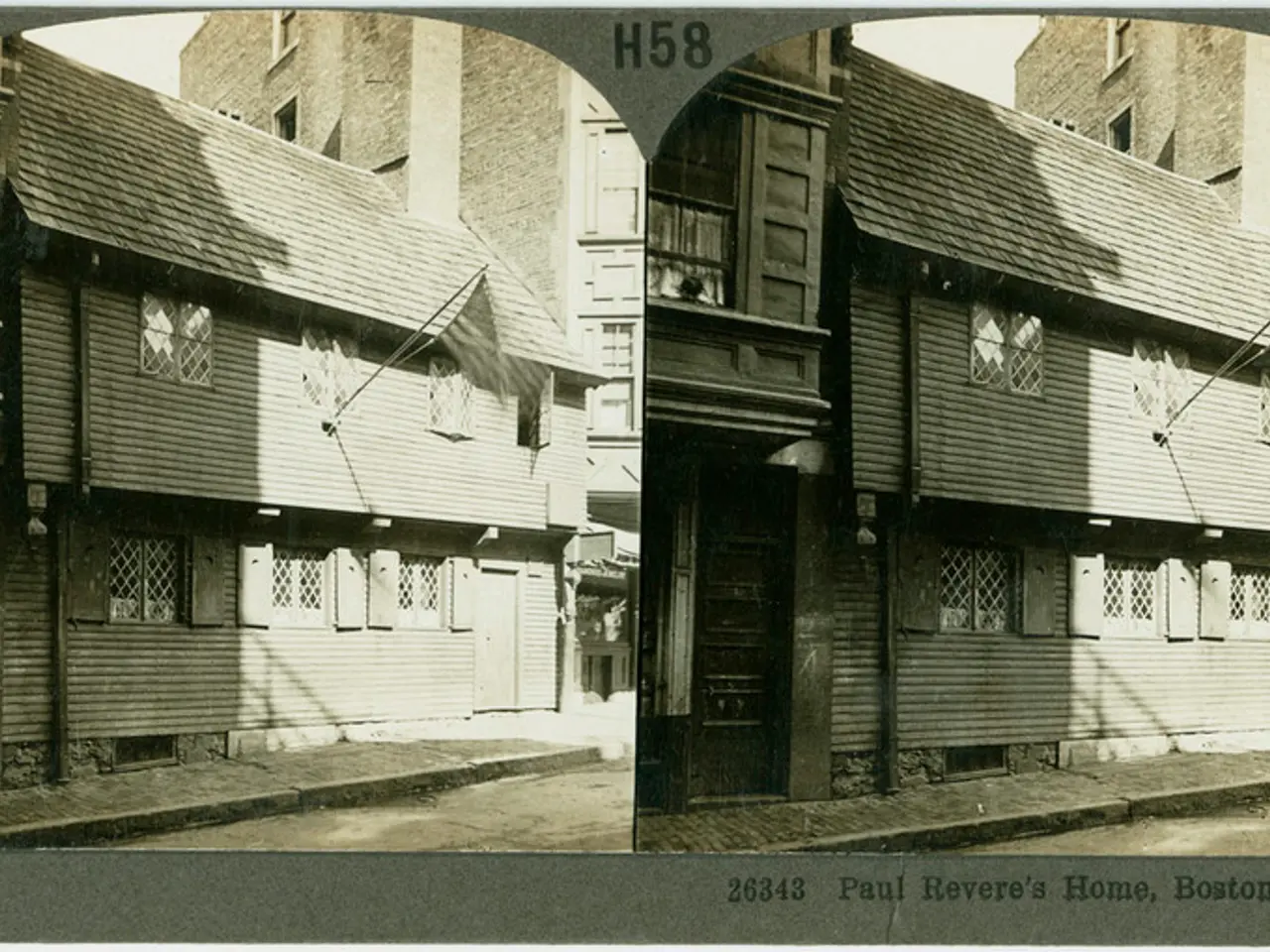Fort Worth schools witness an upsurge in STAAR scores, as detailed in the latest report, with the Fort Worth Independent School District taking the lead.
Fort Worth Independent School District Makes Significant Academic Progress
Fort Worth Independent School District (FWISD), the largest district in Fort Worth, has demonstrated significant academic improvement since 2019, particularly benefiting students from low-income families.
Recent data show that the percentage of students meeting grade-level standards on STAAR assessments rose to 37% in 2025, a 2-point increase from previous years and just 2 points below pre-pandemic 2019 levels (39% proficient).
The number of F-rated campuses dropped substantially from 31 in 2024 to 11 in 2025, indicating a major reduction in failing schools. Nine schools improved from an F to a C rating, and the district gained seven new A-rated schools, totaling 17 A-rated campuses.
These improvements are especially meaningful for students in poverty, as FWISD accounts for the largest share of STAAR gains among Fort Worth districts, reflecting better academic outcomes for low-income families.
The improvements are attributed to targeted strategies focusing on literacy and math, including an instructional framework emphasizing rigorous on-grade-level instruction, additional school day calendars at 15 campuses, and increased certified teaching staff providing acceleration and peer coaching.
While progress is clear, the district remains under state oversight risk due to historically low performance. However, district leadership reports growing momentum and strategic actions aimed at sustained success.
The Fort Worth Education Partnership, a nonprofit organization, has been issuing an annual analysis of third- to eighth-grade STAAR performance since 2021. According to their latest report, District 10 in north Fort Worth saw 49% of students meeting grade-level standard, the same number reported in 2024. District 8 in the south side of the city saw 26% of students meeting grade level, a 2-point gain from last year.
Cesar Chavez Elementary, J.T. Stevens Elementary, and Riverside Applied Learning have shown the biggest gains with 14, 13, and 13 percentage points respectively.
In a speech in 2023, Mayor Mattie Parker called out persistent unacceptable academic performance in the district, leading to the hiring of veteran educator Karen Molinar as the district's leader. Molinar has centered students and literacy in her revamp of FWISD.
The city's Literacy Roundup screened nearly 400 students to determine whether they were at risk of dyslexia, and the city's 65,897 students showed the largest overall STAAR growth among all systems in the city.
City Council Districts 4, 7, and 10 had the smallest growth in students meeting the state's grade-level standards. A group consisting of nonprofits, foundations, and city staff has been convened to help Clifford Davis Elementary, the lowest performing school on the partnership's 2025 report.
Parents are encouraged to use the report to advocate for their children's academic progress and to go beyond grades on report cards. Fort Worth ISD's William James Middle School, in the east side of the city, had 7% of students meeting grade level, while Overton Park Elementary, in the southwest area of the city, had 82% of students meeting grade level, a decline from 2024 when the partnership's report recorded 86%.
The Fort Worth Education Partnership is considering Fort Worth ISD for a state takeover due to persistently low academic performance at a now-shuttered school. Despite this, the district's progress in improving academic outcomes for students from low-income backgrounds is a positive step towards a brighter future for Fort Worth's education system.
The significant academic progress in Fort Worth Independent School District has led to widespread news within the community, highlighting the improvement in students' performance on STAAR assessments and the decrease in failing schools. This progress, particularly notable for students from low-income families, is part of the district's broader strategy for education and self-development, focusing on literacy and math.
The Fort Worth Education Partnership, an essential part of the city's education community, has observed and reported on these improvements, particularly in districts like District 8 and District 10, where significant gains have been made. The partnership's annual analysis serves as a valuable educational and self-development tool for parents, helping them advocate for their children's academic progress beyond just grades on report cards.




